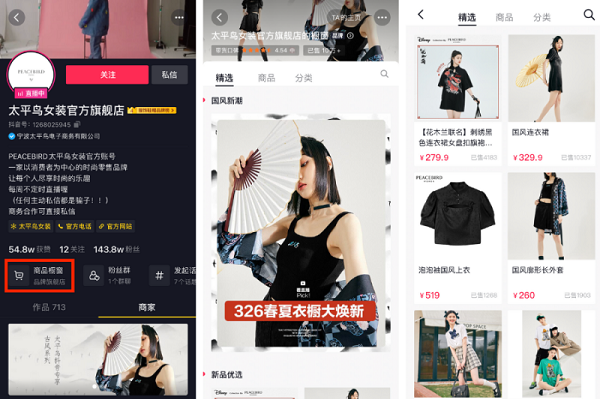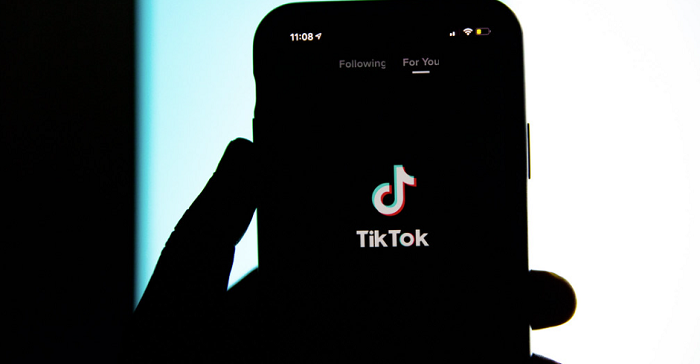While TikTok continues to increase its lead as the app of choice among teen users, the platform is also facing significant challenges, in regards to monetization and regulation, on different fronts.
On monetization, like all social platforms, TikTok’s working to mitigate the impacts of the global economic downturn, which has seen ad spend reduced across the board. That’s resulted in job losses and restructuring at the company – and now includes this significant internal shift (as reported by The Financial Times).
“The overhaul will see North America general manager Sandie Hawkins – who oversees business operations, sales and marketing across the region – transferred and placed in charge of TikTok Shop in the US, its ecommerce channel, according to five people with knowledge of the changes.”
TikTok continues to push to maximize its commerce elements, and with Hawkins at the helm, you can expect to see the app make a much bigger push on in-stream shopping, including commerce live-streams, as part of a broader effort to shift user behaviors.
Commerce is already a critical element of the Chinese version of TikTok, called ‘Douyin’, which generates the majority of its revenue from in-stream sales.

As you can see in this example, Douyin has become a major retail marketplace within itself.
And while western users haven’t been as open to in-app shopping as those in Asian markets, TikTok looks set to continue pushing this element, as an alternative path to monetization – because in-stream ads, thus far, haven’t been a pathway to optimal revenue, and especially revenue-share, success.
(Worth noting, too, that the initial payments from TikTok’s ad revenue share program ‘Pulse’ program have underwhelmed most creators taking part)
If TikTok can’t get its top stars paid, they’ll go elsewhere, which could become an existential threat for the app. Even though it is the top app of the moment, that doesn’t mean that it’ll stay that way.
And there are other factors which could also still de-rail TikTok in this respect.
This week, FCC commissioner Brendan Carr has once again reiterated that TikTok should be banned entirely in the US.
Citing the threat of data sharing with the Chinese Government, Carr says that TikTok should be shut down on national security grounds, which is a push that he will continue to reiterate in the US Senate.
The threat of a possible US ban has loomed over TikTok ever since its beginnings, so it’s nothing new to hear that some in the US Government believe that it should be removed. But Carr has a significant presence within the FCC, and amid ongoing tensions between the US and China, it seems like this will come to a head at some stage, which could still see TikTok face a US ban.
TikTok’s still working to mitigate this threat, by implementing new systems that will keep US user data in the US, and inaccessible to Chinese staff. But even so, just last week, TikTok revised its European user terms, which still include the proviso that China-based staff can access non-Chinese user info, in certain circumstances.
And this new research report also won’t do much to help TikTok’s case in this respect.
According to a new report from Accelerate Change, TikTok’s systems have been actively suppressing election-related posts ahead of the US midterm elections.
As reported by Gizmodo:
“The research suggests that videos with influencers using election related words were viewed far less than nearly identical videos where those same terms were not said. Accelerate Change says its research has so far led to 370,000 views from 20 different paired videos. The pairs of videos were nearly identical, with one pair including verbal uses of political words like ‘mid-terms’ and ‘get out the vote’, and the other featuring those words not spoken but hand written on a sign. The TikToks with the handwritten election terms reportedly received three times as many views as the videos where influencers spoke election related words out loud.”
TikTok has previously been accused of suppressing anti-China content, while promoting pro-China sentiment, with this new finding potentially suggesting that TikTok could be looking to influence political activity via its systems, which now have huge reach to many potential voters.
Or it could be that TikTok simply doesn’t want political content in its app at all, which is why it’s limiting the reach of such (TikTok has previously noted that it’s an entertainment platform and not the place to be highlighting political issues).
It’s impossible to know for sure, as TikTok doesn’t reveal a heap of info about its internal workings. But on the face of it, it doesn’t look good for TikTok to be getting involved in political content, especially amid ongoing scrutiny by the FCC.
But then, the alternative is that it allows more political content, and gets criticized for showcasing such to its audience. Not sure there’s a real ‘winning’ strategy for TikTok here, but any sort of meddling with the reach of political-related posts is not likely to go in its favor.
When taking into account the various angles, it’s clear that TikTok still faces many challenges, even as it continues to add more users, and become the dominant player in the broader social media space.
Will that lead to an eventual ban, or further action taken against the app?
A lot depends on geopolitical tensions, and whether China and the US can come to agreements on their working relationships. But if things change, you can bet that the pressure will increase on TikTok too, which could still result in significant impacts for the app.



